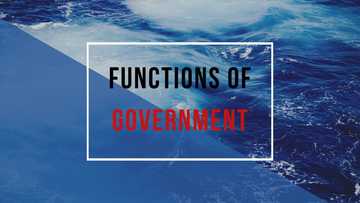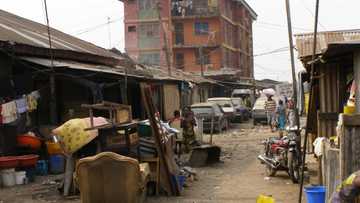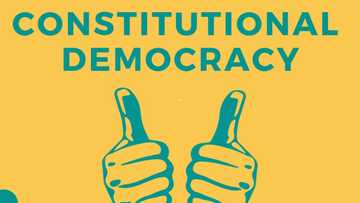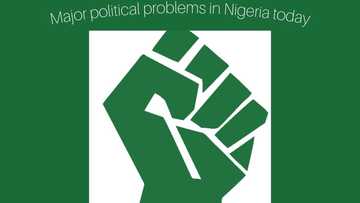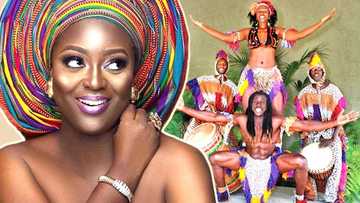Different types of democracy in the world
Democracy is a familiar word to all of us. We all are aware of the basic definition of this word. There are different kinds of democracy in the world and they all have their defining traits!
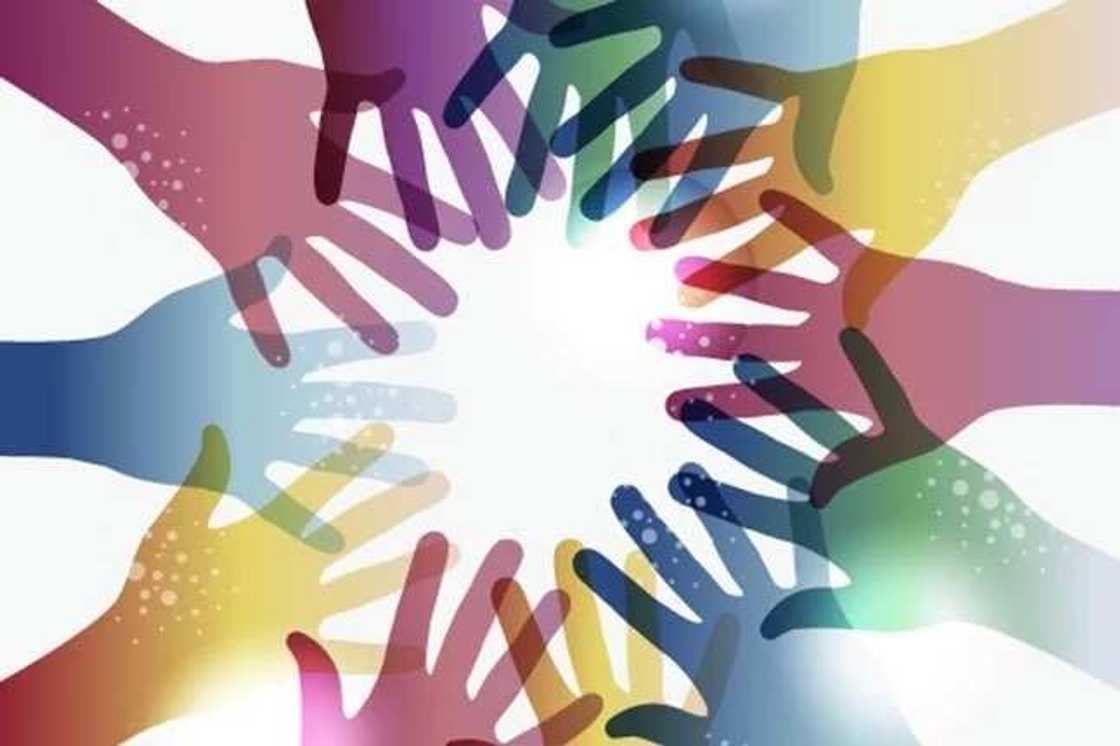
What is democracy?
When we learned about democracy at school, it was described to us as the condition when people can freely speak their mind and elect the government, as well as participate in everyday life of the country. Democracy was what pulled the people away from monarchies and authoritarian systems, and opened the door into the liberal government forms, where there is no place for fear and prejudice. Usually, people refer to democracy as a “rule of the majority”. In general, democracy can be defined as the system of processing the conflicts, where the outcome depends on the actions of the participants. However, no higher force can control the result.
Democracy is considered to be derived from the ancient societies like Classic Athens and the Roman Republic. The various degrees of democracy were observed there. Many centuries later, democracy has become preferred system of government in many countries of the world.
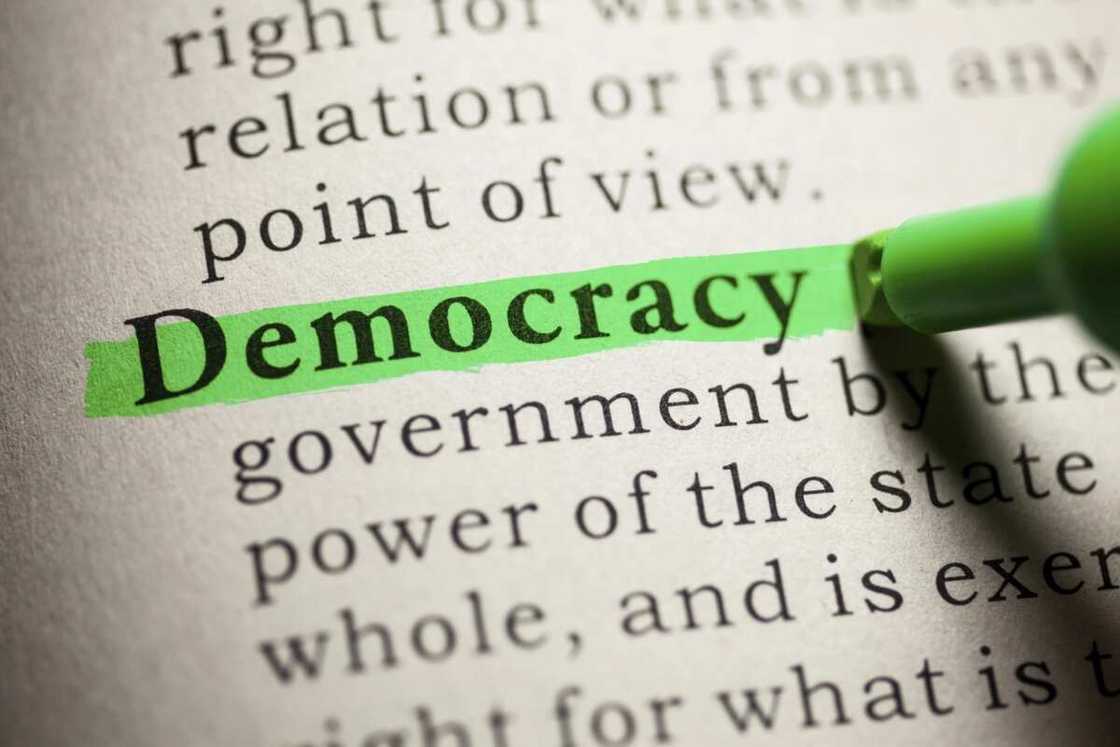
Types of democracy
Now, you can find out how many types of democracy in the world there are, and read some detailed information about the most significant ones. Here is a list of major democracy systems that are used by the different countries worldwide.
The main types of democracy are:
- Direct democracy
- Representative democracy
- Social democracy
- Presidential democracy
- Authoritarian democracy
- Parliamentary democracy
- Participatory democracy
- Islamic democracy
Every country sees democracy differently, and there is a wide variety of detailed definitions of this term, implemented by various states. The democratic spectrum appeared as a result of different geopolitical situations. The following types are the most frequently happening around the planet. Now, let’s have a more in-depth look at them.
1. Direct democracy
Direct democracy is the type of democratic system when the country’s citizens are allowed to vote directly, without the representatives. When the government passes a certain policy or law, it is directly passed to the people, who proceed to vote on this matter and make a decision about the fate of it, based on the majority of votes. Quite often, people can participate in bringing up the problems, if they have substantially consented to the issue. For instance, tax issues have to be raised with the help of publicity.
This type of democratic rule usually works the best when the population is not big, well-educated, and politically homogenous. For instance, Switzerland has successfully implemented the direct democracy, and so far there have not been any major issues with it. This democracy model inspires people to form parties, which are aimed at different purposes, mostly non-political. The fun fact is that in Switzerland there are many parties, the purposes of which may seem quite ridiculous. For example, there is a party called “Anti-Powerpoint Party”, the purpose of which is to ban the Microsoft PowerPoint usage in the offices.
Many states are too large and divided to run this type of democracy successfully, so it could end up being complicated.
2. Representative democracy
This type of democracy can be called representative or indirect. It is based on people’s choice of parliament – they get to choose their representatives themselves. This democracy is very common around the world – perhaps the most common type. The structure of representative democracy is emphasizing on the protection of everyone’s rights – not just the majority of voters, but the minority too. People have a chance to elect qualified candidate, who will listen to the wishes of the minorities.
The big part of representative democracy states around the world identify themselves as the liberal democracies, which means that they find the needs of their citizens valuable. In this type of democracy, citizens are above the state. This is the main reason why it is so hard to announce emergency state in countries like the United States.
However, there are some countries that are threatened by civil disorders and outsiders. The examples of such countries are South Korea and Israel. These countries prefer less liberal democracy type, which is called defensive democracy. They do it so the government always could rise up an army. Also, there are some democracies around the world that are not as liberal – to the point that some of them are a few steps away from becoming a dictatorship. For instance, such model of democracy is implemented in the Republic of Singapore.
3. Social democracy
Lots of political parties follow the social democracy model. It became popular as a response to some of the neoliberal politics, which rose in the international economics. Under the neoliberal model, the political states can be easily infiltrated by the multinational corporations and other entities that make the profit. Their level of mobility is not to be compared with the political state power, which seems really weak under this ruling model.
Social democracy is based on the empowerment of the neoliberal whims. The state is able to increase their expenditures if they provide the free alternatives to some of the expensive private ventures. Also, the state might focus on the matters of available education and healthcare – this way the citizens will not be required to depend on the corporations that make the profit.
READ ALSO: Challenges facing Youth Empowerment in Nigeria
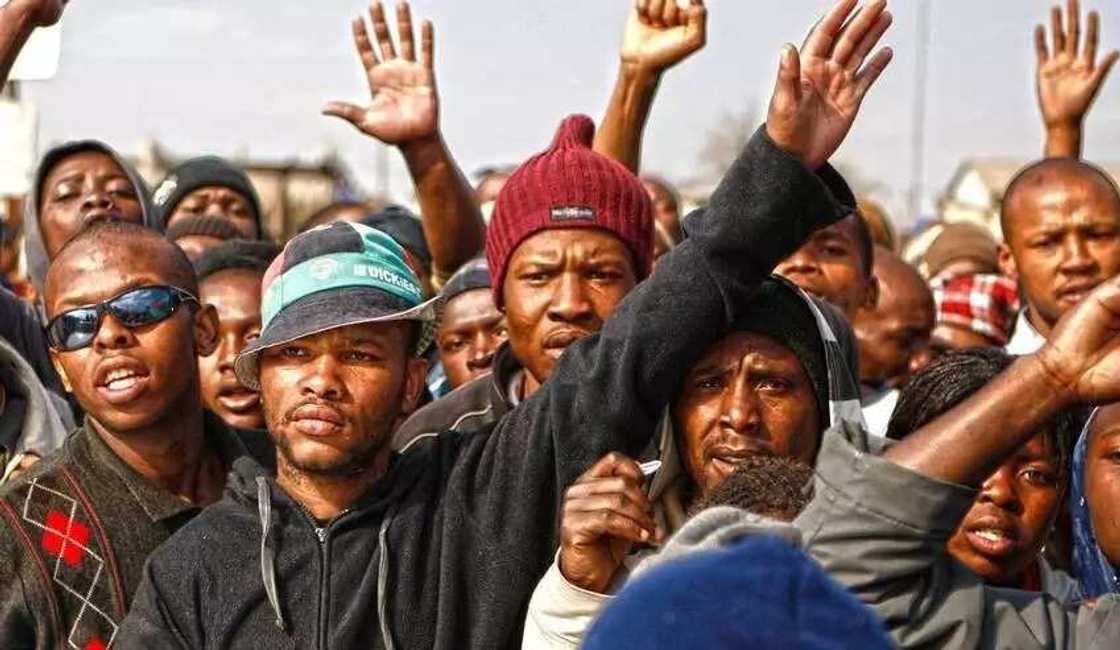
4. Presidential democracy
Under this type of democracy, the biggest power is given to the president, whose opinion is more important than the government’s. The president can be chosen directly or indirectly by the state citizens. Although the president along with the executive government is not liable to legislature, they are unable to dismiss it completely, unless there are emergency circumstances. At the same time, the legislature is unable to remove the president from the office – only in the most extreme cases. This type of democracy means that the ruler of the state also becomes the head of government. It is implemented in such countries as the United States, Sudan, and Argentina, to name a few.
5. Authoritarian democracy
This is the special type of democratic model, where the parliamentary process is supported exclusively by the elite. The citizens can vote for the candidate that they want at the elections. However, the regular people are forbidden from entering the presidential or parliamentary elections. Basically, this democracy is based on the interests of the elites, who make various decisions for the country’s population. The good example of such governance is Russia. Hong Kong also can be put in this category.
6. Parliamentary democracy
The parliamentary democracy is a model where the most power is given to the legislative branch. As for the executive branch, its legitimacy is derived from the legislative branch, also known as the parliament. The heads of government and the state are different people, who possess different power degrees In this type there is often a Prime Minister who is the head of government and a monarch or president who is a ceremonial head. The examples of such democracies are India and the United Kingdom.
7. Participatory democracy
This democracy is known as the opposite of the authoritarian model, where only the elites of the higher branch can actively participate in taking important decisions. The participatory democracy is divided into different types, but all of them are based on creating the opportunity for all the population members to contribute to making decisions for the country’s good. This type of democracy gives empowerment to those whose voices are usually not heard, and the main values of it are discussion and deliberation instead of mere voting.
Participatory democracy is not practiced actively in any country because even though the theory of it sounds appealing, implementing it practically is met with many unexpected complications. However, there are plenty of social movements, for instance in Venezuela, which actively use the participatory model of democracy in their practices.
8. Islamic democracy
The Islamic form of democracy is founded on applying the Islamic law to all the social policies, at the same time maintaining the democratic society model. The characteristics of Islamic democracy are the following: first of all, all the leaders have to be chosen by the people of the state in elections. Secondly, every member of the population, including the leaders, are subjected to the Sharia law. And lastly, all the leaders need to be committed to the practices of “shura”, which is a consultation form, proposed by Prophet Muhammad himself. There are not so many countries in the world, which practice this type of democracy. The only ones that fit these criteria are Afghanistan, Iran, Malaysia, and Pakistan. There are some Islamic countries that would rather fall in the authoritarian regime category instead of democracy – for instance, Saudi Arabia.
There are also other types of religious democracies in the world, such as Christian democracy, theodemocracy, and Jewish democracy (Israel). They are defined as such forms of governmental ruling where the particular religious values have a lot of effect on the country’s rules and laws, and most members of the population belong to a particular religion.
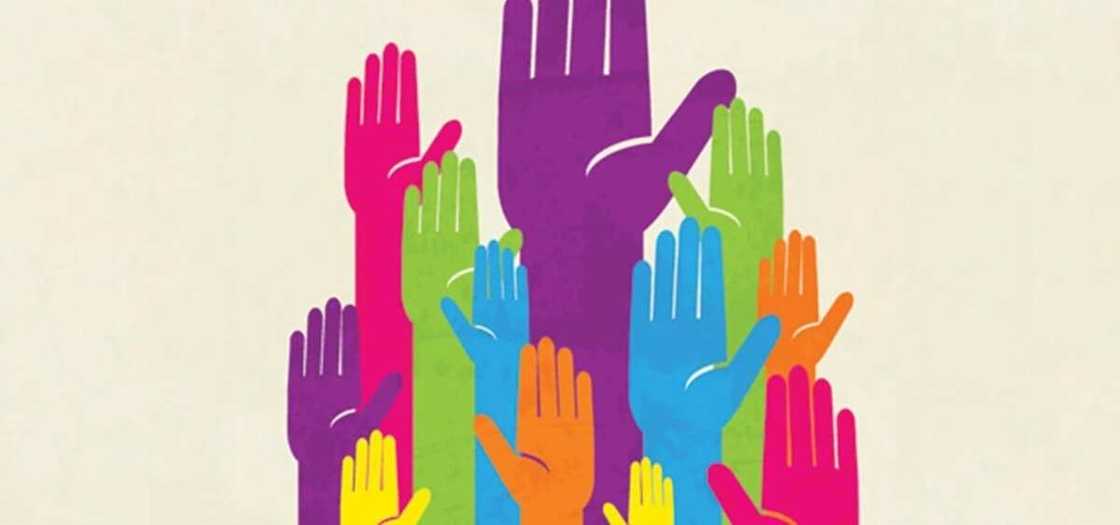
The types of democracy that were listed above are the most prominent ones. However, there are also many other types that you would be interested to know about:
- Anticipatory democracy – the democracy which is relied on the disciplined future anticipation in order to guide the big important decisions.
- Associative democracy – the model which emphasizes freedom by the voluntary self-governmental associations.
- Adversial democracy – the type emphasizes freedom by adversarial relations between groups and individuals, which are best expressed in judicial democratic system.
- Bourgeois democracy – another name for the liberal democracy, given by socialists, left-wing anarchists, communists, and Marxists. They allege that the political leaders only fight for obtaining the right to the bourgeoisie.
- Consensus democracy – the democracy, where the important decisions are based on consensual agreements instead of the vote of the majority.
- Constitutional democracy – the democracy where the constitution holds the most significant place, and all the governmental decisions are ruled by it.
- Delegative democracy – the form where the power is in the hands of those delegates who are self-selected instead of the elected representatives.
- Deliberative democracy – in this type of democratic ruling, the authentic deliberation is what matters the most in making decisions. This democracy contains some elements from both consensual agreement and rule of the majority.
- Democratic centralism – this method foresees the political party members discussing and debating the directions and policies, and when the majority vote makes the decision, the political party members have to follow it.
- Democratic dictatorship – the state acts on behalf of the population but preserves some elements from dictatorship model. This type was brought in the Republic of China by Mao Zedong.
- Democratic republic – this republic gains democracy with the help of the elected governmental representatives.
- Democratic socialism – this form is an ideological opposition to the models of Marxism and Leninism, which have become the synonyms of the term “socialism”. Unlike the regular socialism, the democratic type emphasizes on the decentralization of government in the political democracy. It also means that the means of production obtain social ownership, and the workers can self-manage the economic and social institutions.
- Economic democracy – the democratic type which involves the access to subsistence which the citizens have, and the equality of the living standards.
- Ethnic democracy – the democracy where the ethnic majority dominates above the minority regarding the numbers, but both ethnic majority and minority obtain the citizenship and have the rights to vote.
- Grassroots democracy – the type of democracy where the trust in decentralized units and their local governments is emphasized.
- Guided democracy – the special form where the citizens can express the political rights without affecting the policies, goals, and motives of the government.
- Interactive democracy – this form of democracy is meant to utilize the informational technologies to propose the brand new policies and vote on the important decisions via the national referendum.
- Jeffersonian democracy – this form has its name after the statesman of America, Thomas Jefferson. He supported the notion of the political opportunities for all male citizens being equal and was strongly against the privileges, corruption, and aristocracy.
- Market democracy – this is the synonym of democratic capitalism. The ideology of market democracy is founded on the market-based economy, the democratic setting and the cultural system which involves pluralism.
- Multiparty democracy – the two-party system, which requires from the voters to divide themselves into blocs to make decisions. Sometimes these blocs are too large for the voters to agree on the main principles.
- New democracy – this concept of democracy is based on the theory “Bloc of Four Classes”, suggested by Mao Zedong.
- People’s democracy – this model of society is multi-class, with the dominance of proletariat.
- Revolutionary democracy – this form was adopted by the Ethiopian coalition party. The pillar of this democracy is peasantry, as they form a majority in Ethiopia.
- Semi-direct democracy – the representative form of democracy, which is based on the features of direct democracy, but does not adopt them all.
- Sociocracy – the system which was founded on the consensual making of important decisions, double-linked representation, and circle organization.
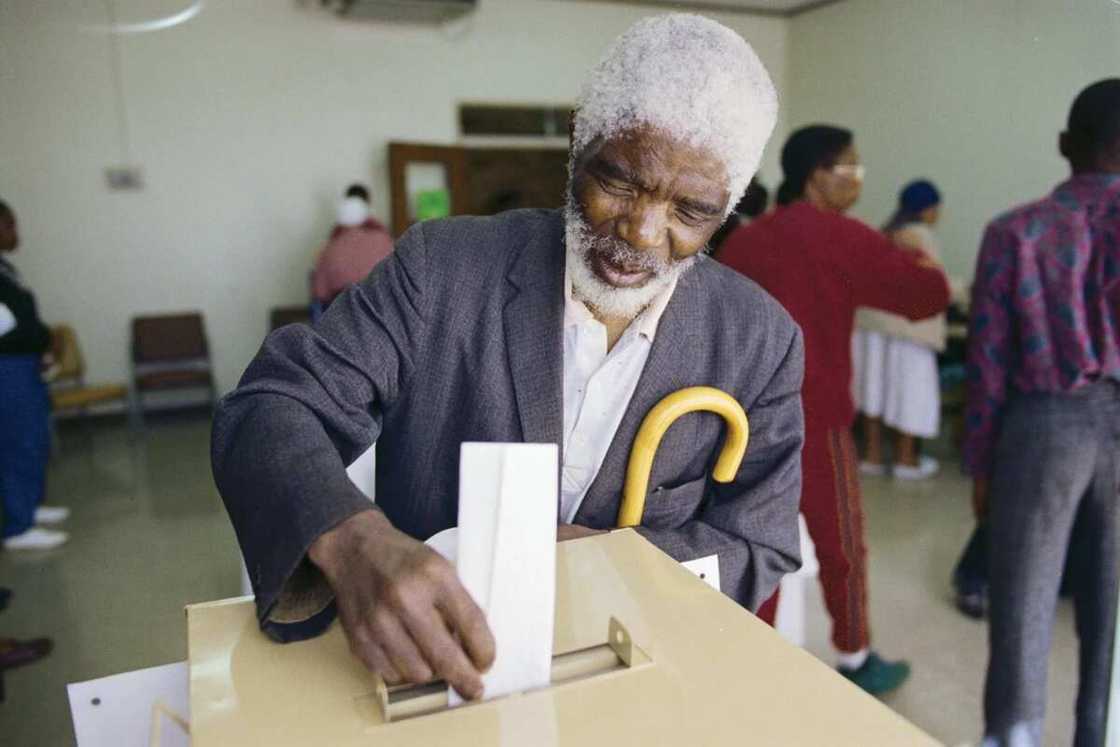
Now you know the major types of democracy in the world. This system is the most popular in the world and majority of countries have implemented this form of government.
READ ALSO: Forms of political apathy in Nigeria
Source: Legit.ng



